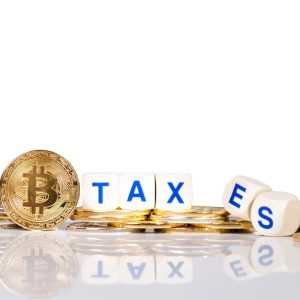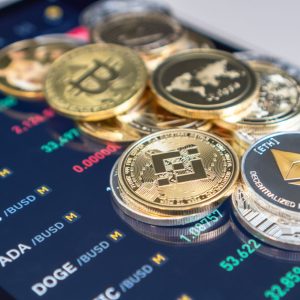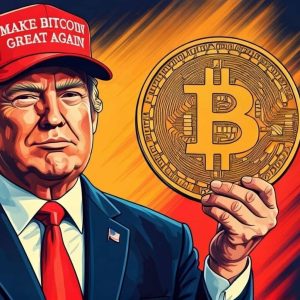Latest Posts
40% surge in UK crypto ownership spurs HMRC crackdown: What You Need to Know
Read MoreHow the political shifts in 2024 could reshape crypto tax policies in 2025
Read MoreGary Gensler steps down as SEC Chair – what’s next for crypto?
Read MoreUK plans to integrate crypto into finance
Read MoreWhat Trump’s win could mean for crypto
Read MoreContent
Introduction
In a dramatic turn of events, Grayscale Investments, a prominent crypto asset manager, has secured a significant legal triumph against the United States Securities and Exchange Commission (SEC).
What was the dispute about?
The legal battle centres around Grayscale’s ambitious goal of transforming its Grayscale Bitcoin Trust (GBTC) from an over-the-counter entity into a fully-fledged exchange-traded fund (ETF) for Bitcoin.
The initial setback occurred when the SEC rejected Grayscale’s GBTC application on the grounds of insufficiency in preventing fraudulent and manipulative practices.
This rejection prompted Grayscale to take legal action.
Over the Counter (OTC) v Exchange Traded Fund (ETF)
An Exchange Traded Fund (ETF) and an Over The Counter (OTC) fund are both investment vehicles. However, there are some key differences in terms of structure, trading, and availability.
Structure and trading
ETF:
ETFs are traded on stock exchanges, just like individual stocks.
They can be bought and sold throughout the trading day at market prices.
The pricing of ETF shares is based on supply and demand in the market and generally closely tracks the net asset value (NAV) of the underlying securities
OTC:
OTC funds are typically mutual funds that are not traded on a public exchange.
Instead, they are bought and sold directly through the fund company or a financial intermediary. OTC funds are priced once a day at the end of the trading day based on the NAV of the underlying securities.
Trading flexibility
ETF:
Investors can trade ETF shares intraday, taking advantage of price fluctuations and implementing various trading strategies like limit orders, stop-loss orders, and short selling.
OTC:
Trading of OTC funds occurs once a day at the fund’s closing NAV.
Investors who wish to buy or sell shares in an OTC fund submit their orders at any point during the trading day, and the transactions are executed at the end-of-day NAV price.
Cost structure
ETF:
ETFs are generally known for their low expense ratios, which are the fees charged by the fund to cover operational and management costs.
OTC:
The expense ratios of OTC funds can vary widely, with some funds having relatively higher expenses due to potentially more active management or other associated costs.
Access and availability
ETF:
ETFs are available to trade by any investor with a brokerage account that has access to the stock exchange where the ETF is listed.
OTC:
OTC funds are typically available through investment platforms, mutual fund companies, financial advisors, and retirement accounts.
They might not be as widely accessible as ETFs due to their more specialised trading mechanism.
Latest developments
The latest development, as revealed in the court filings of August 29th, showcases the U.S. Court of Appeals Circuit Judge Neomi Rao’s decisive ruling in favour of Grayscale.
Judge Rao deemed the SEC’s decision “arbitrary and capricious,” leading to the vacating of the order to deny the GBTC listing application.
It’s important to note that while this ruling is a significant step forward, it does not guarantee the immediate listing of a Grayscale spot Bitcoin ETF.
Early views on the decision
Michael Sonnenshein, the CEO of Grayscale, expressed his satisfaction with the court’s decision on X (formerly known as Twitter) and conveyed that their legal team is diligently assessing the court’s opinion.
The victory has also been met positively by investors and all those who have been part of Grayscale’s journey.
Further, the market has reacted positively to the news, with bitcoin rising up to 7% at the time of writing this article.
Conclusion
As stated above, this victory does not guarantee the immediate listing of a Grayscale spot Bitcoin ETF.
However, it does perhaps revive the possibility that this will happen sooner than it might have been before the ruling.
Watch this space.






